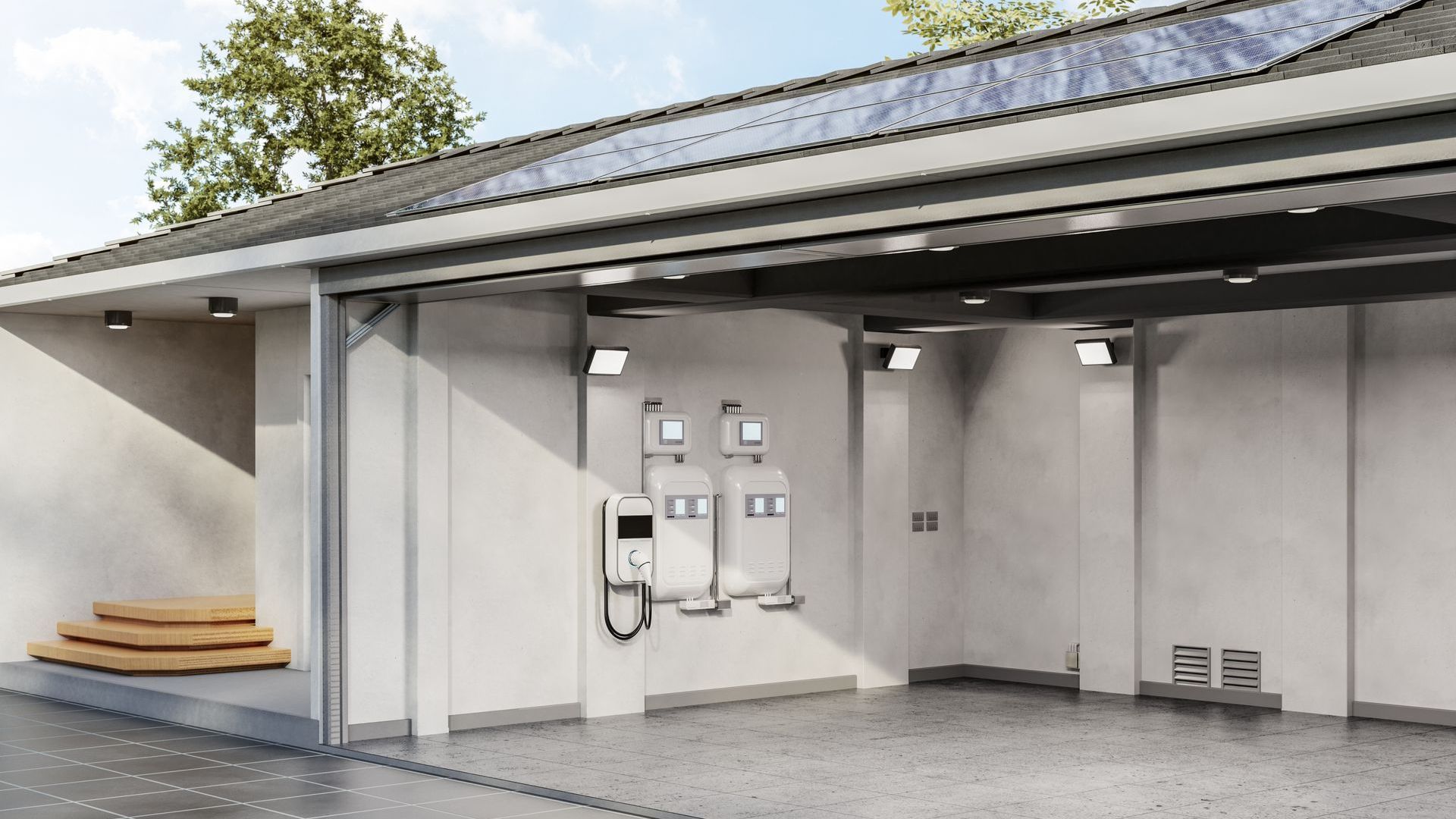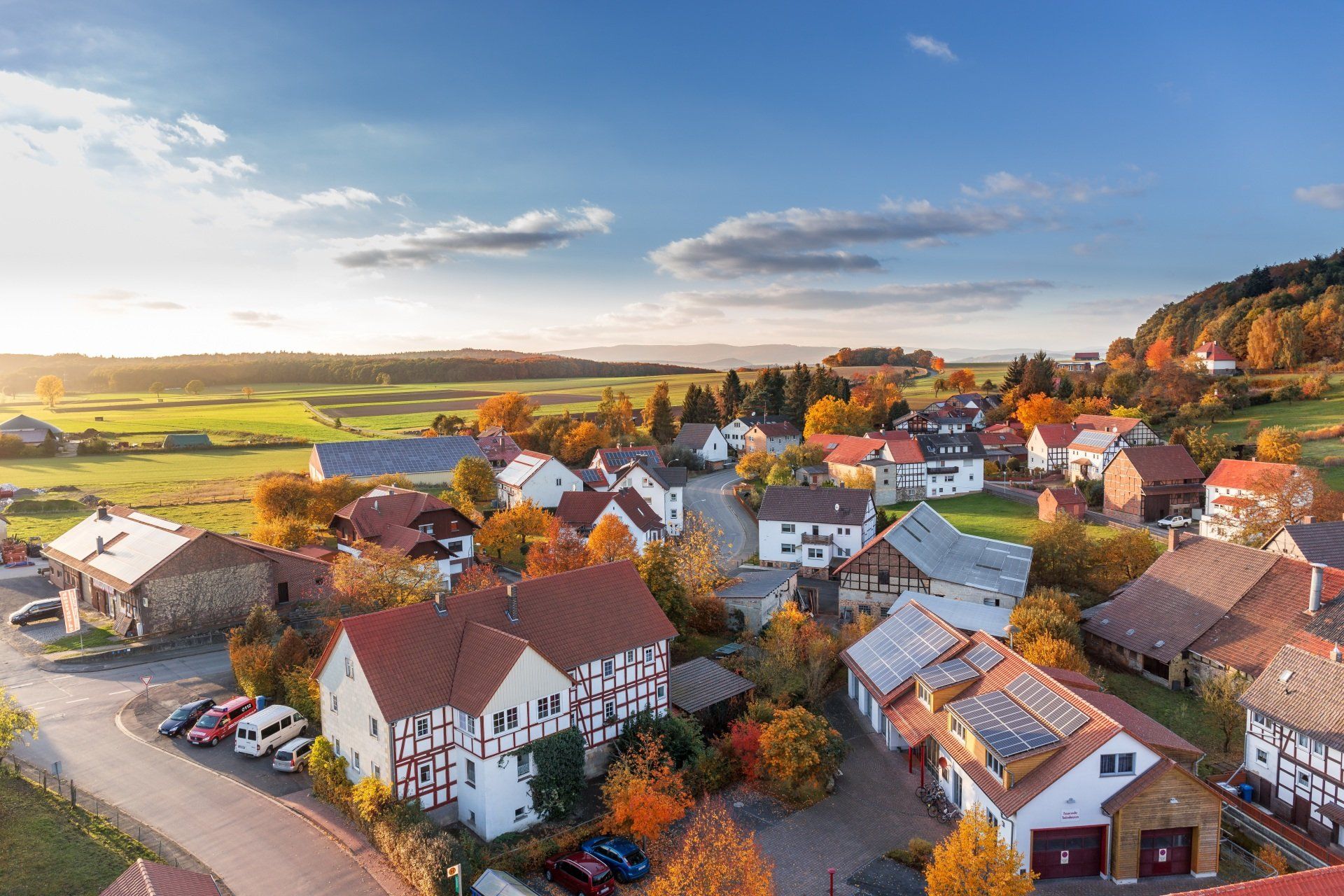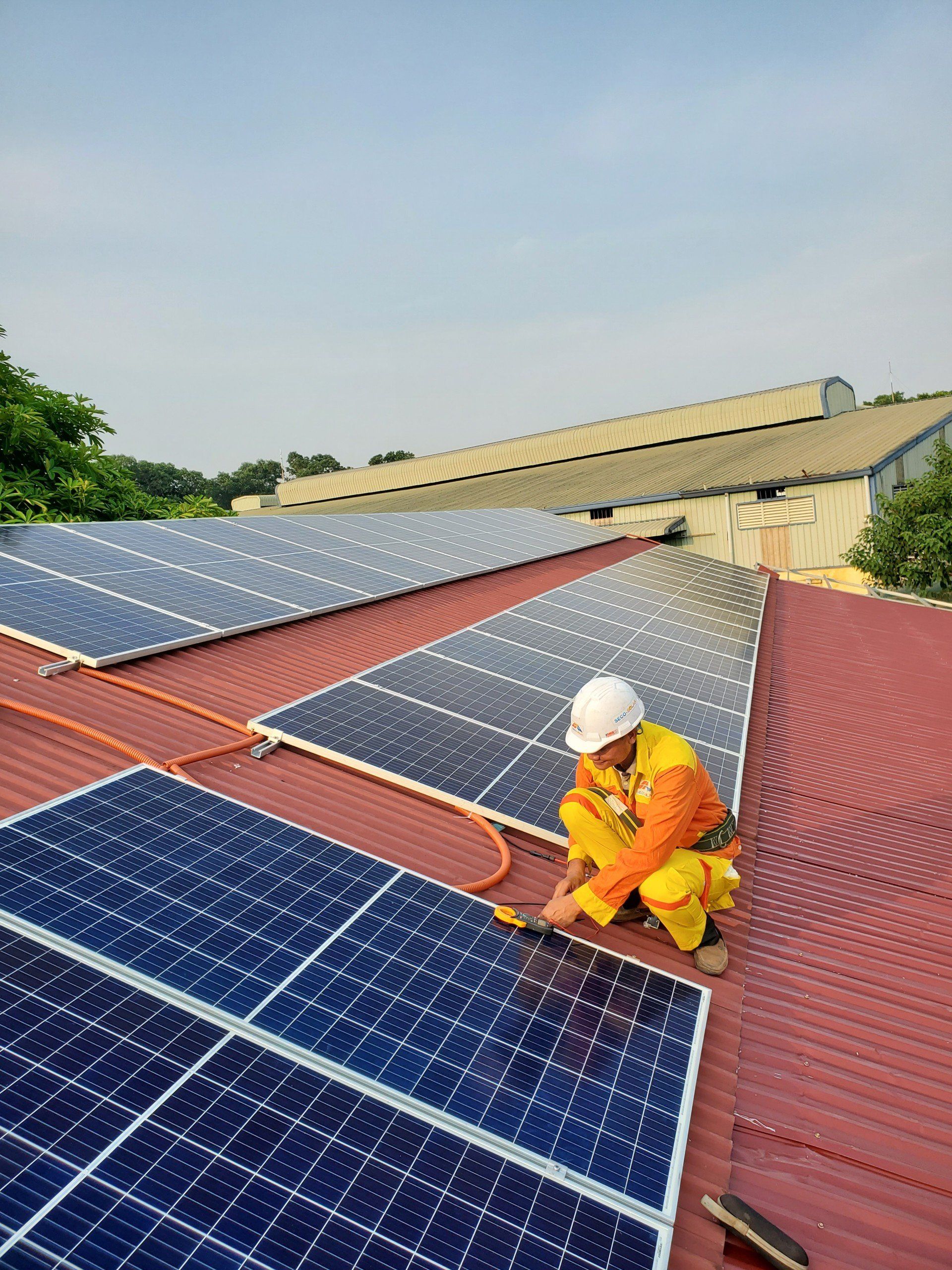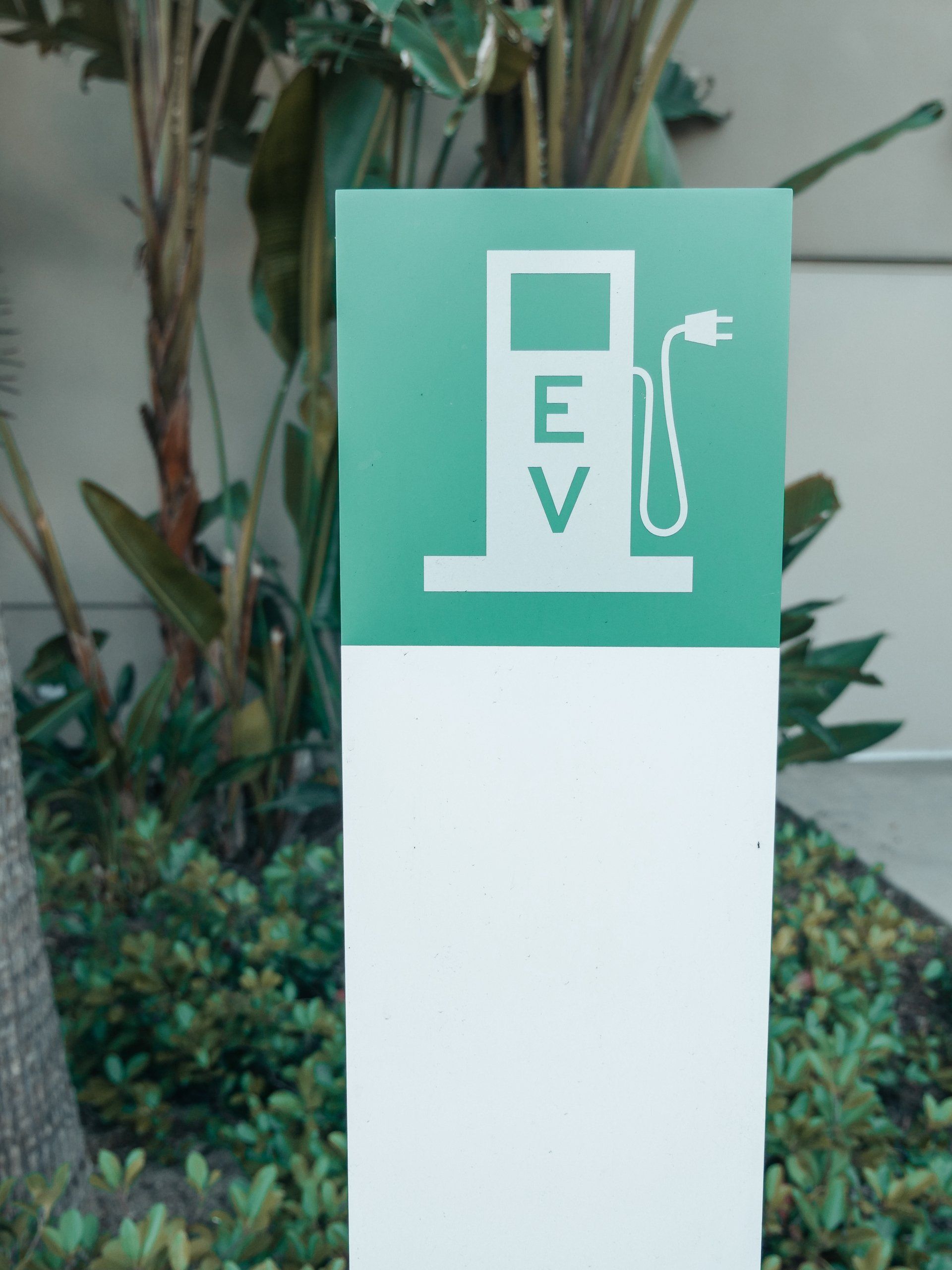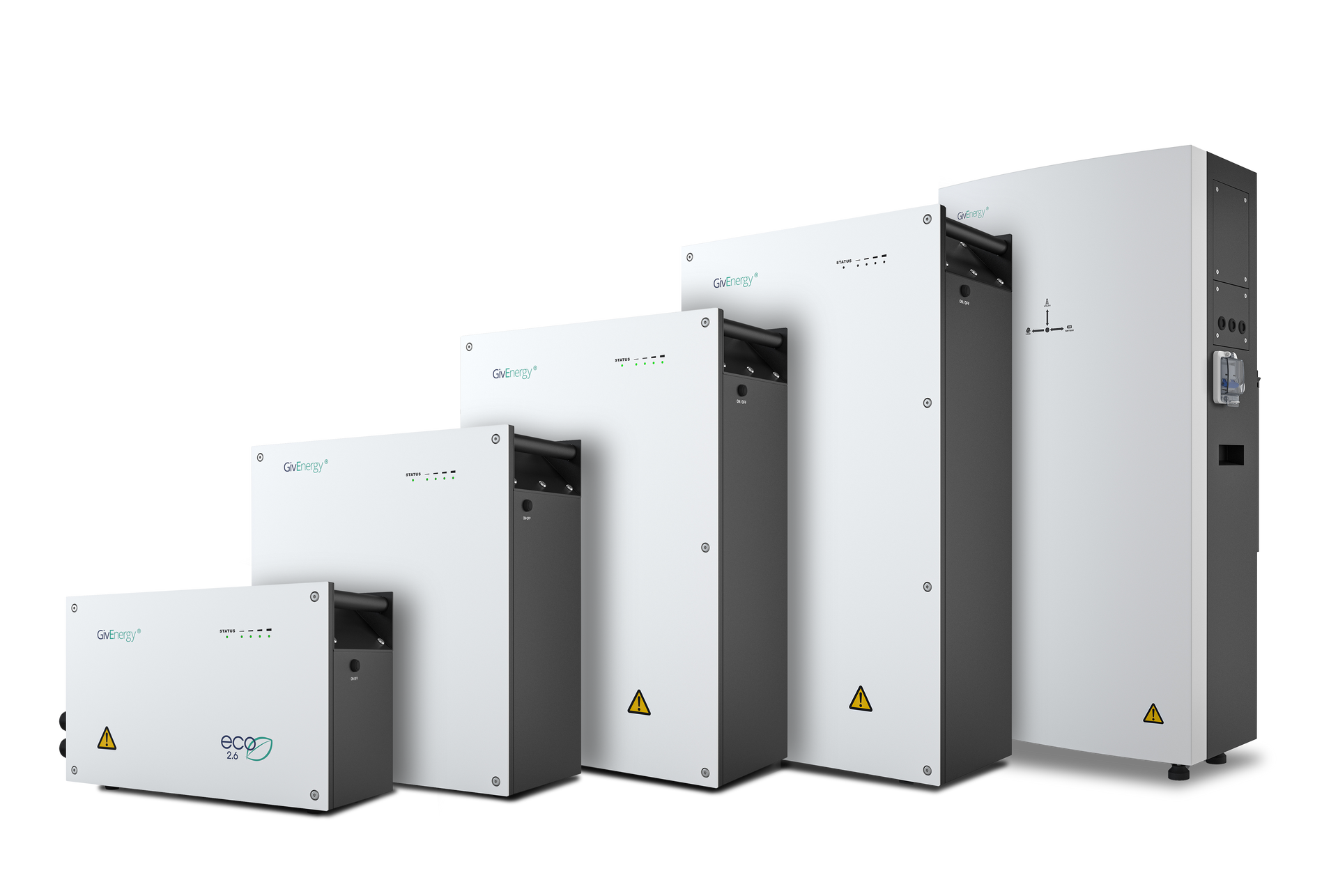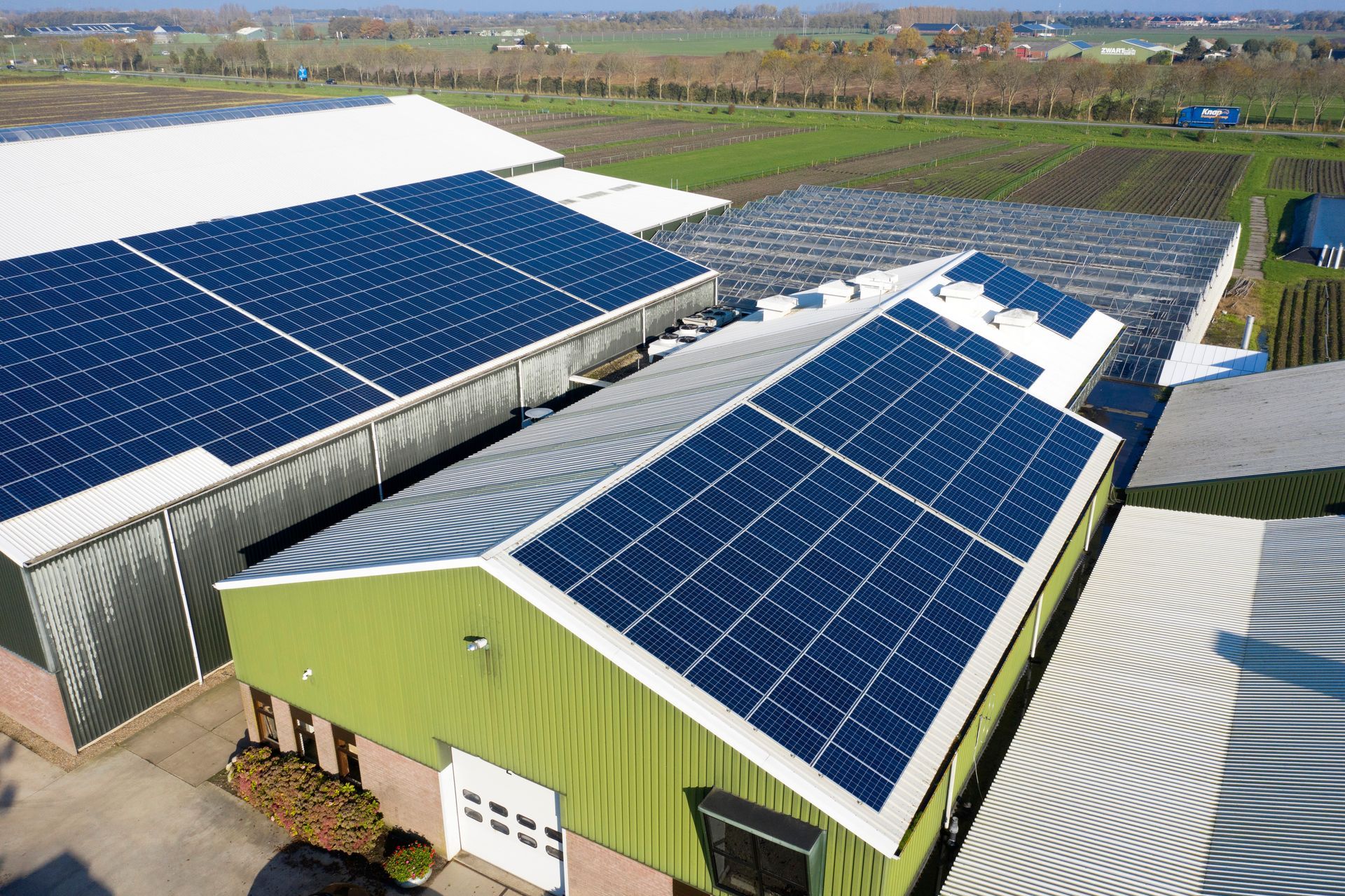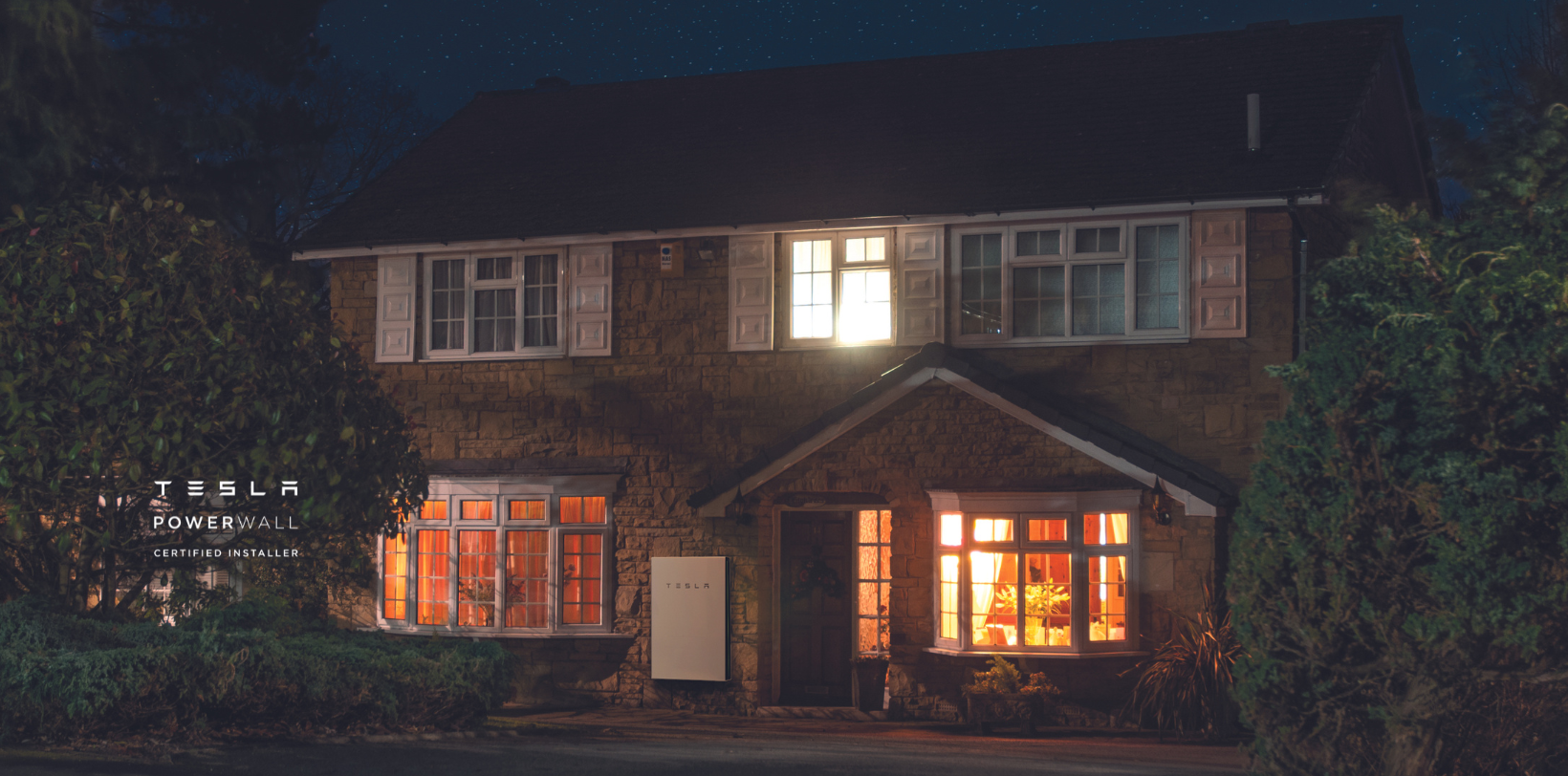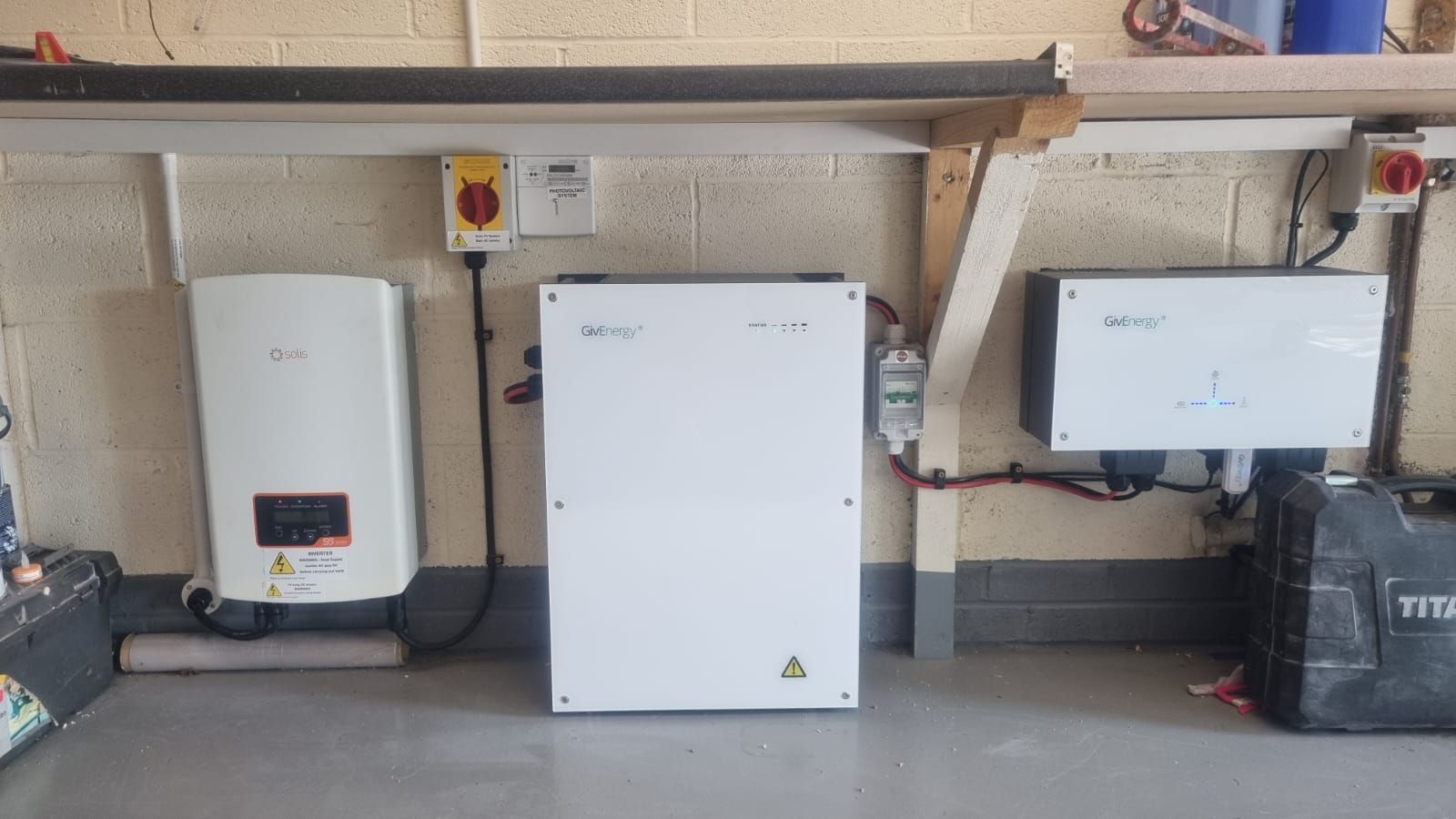
T: 01244 952496

A Pioneer in Solar Energy – Meet the first ever solar heated house
This is a subtitle for your new post
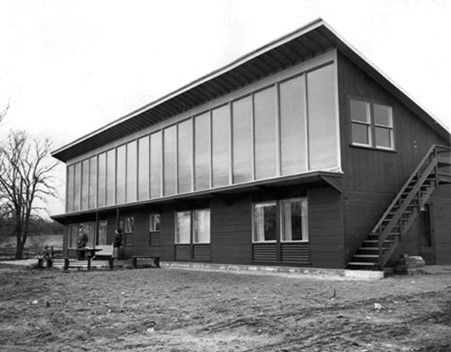
(The "Dover Sun House" (1948), designed for Amelia Peabody in Dover, MA, by Eleanor Raymond and Maria Telkes
Photo: Tony Denzer, The Solar House: Pioneering Sustainable Design)
The term solar energy has now become ubiquitous as part of the larger renewable energy mix. As we move on through the 21st century, more and more of us are using solar panels or solar PV to heat and light our homes. But there was a time when this was a novel idea when three women first decided to heat a home with solar energy in 1948.
Nestled amidst the tranquil landscape of Dover, Massachusetts, the Dover Sun House was a testament to human ingenuity and a pivotal moment in the history of solar energy. Designed by architect Eleanor Raymond and physicist Maria Telkes, this remarkable residence emerged in 1948 as one of the world's first solar-heated houses.
This unique residence was the brainchild of Amelia Peabody, a Boston heiress and sculptress deeply intrigued by the potential of solar energy. Recognising the limitations of conventional heating methods and the promise of harnessing the sun's power, Peabody sought to create a home that would not only be sustainable but also serve as a beacon of innovation.
Under Peabody's patronage, Raymond and Telkes embarked on a groundbreaking endeavour to design a solar-powered home. Raymond, renowned for her modernist architectural style, envisioned a residence that seamlessly integrated solar technology into its design. Telkes, a pioneer in solar energy research, developed a novel heating system that utilised a combination of glass panels, water tanks, and blackened metal plates to capture and store the sun's energy.
The Dover Sun House emerged as a striking architectural statement, blending modern aesthetics with innovative technology. Its south-facing wall was adorned with a massive glass panel, allowing sunlight to penetrate and heat the interior. Behind this glass barrier, a series of water tanks served as thermal reservoirs, storing the sun's warmth for use during colder periods. Telkes' ingenious heating system employed blackened metal plates to further enhance energy absorption, efficiently converting sunlight into usable heat.
The Dover Sun House's innovative design attracted widespread attention, earning it recognition as a ground-breaking achievement in solar energy utilisation. The residence served as a living laboratory, providing valuable insights into the practical applications of solar technology for residential heating. It also inspired a surge of interest in solar energy, paving the way for future advancements in this field.
Despite its ground-breaking significance, the Dover Sun House faced challenges in its early years. The solar heating system, while innovative, proved less efficient than anticipated, requiring supplementation with conventional heating methods during particularly cold periods. Additionally, the house's unique design, with its extensive glass panels and water tanks, presented maintenance challenges.
A cousin of Maria Telkes, Dr Anthony Nemethy, inhabited the house with his wife and child, renting it for a very small amount of money, with the caveat that they would allow visitors to come and see how it worked.
The house was very successful in its first two years of operation and attracted a variety of visitors. Popular Science hailed it as perhaps more important, scientifically, than the atomic bomb.
In 1954, after six years of operation, the solar heating system was ultimately replaced with a conventional oil-fired system. This decision, while driven by practical considerations, marked a turning point in the house's history, diminishing its role as a pure solar-powered residence.
Despite this modification, the Dover Sun House retained its symbolic importance as a pioneer in solar energy. It continued to serve as a reminder of the potential of renewable energy sources and the importance of exploring sustainable alternatives to conventional heating methods.
In 2010, the Dover Sun House was demolished, its physical structure succumbing to the passage of time. However, its legacy lives on in the annals of solar energy history. The house's ground-breaking design, innovative heating system, and pioneering role in promoting solar energy continue to inspire generations of scientists, architects, and environmentalists.
Want to create your own solar house?
Get in touch. We offer a free survey.
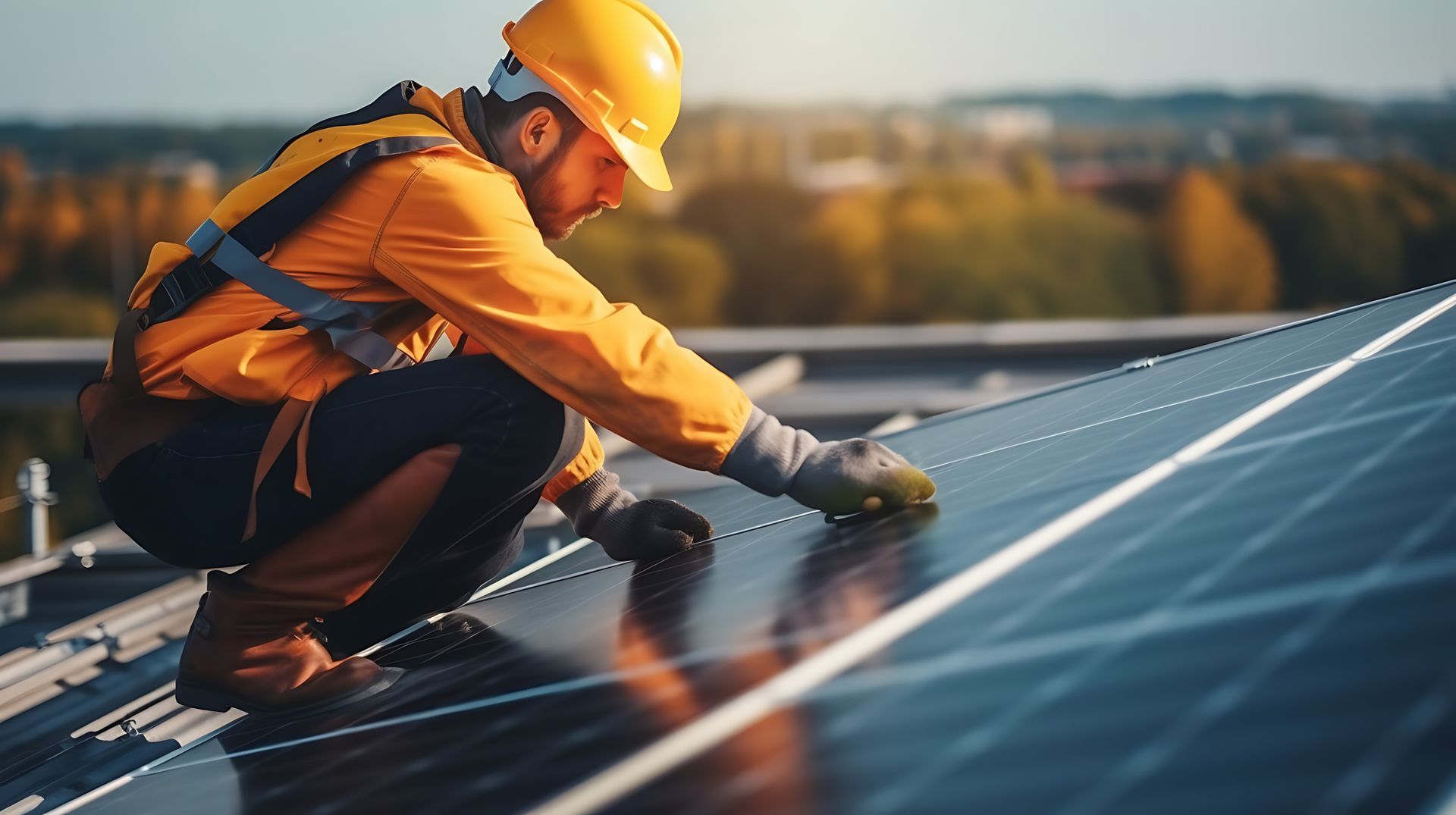

Contact
HSB Renewable Energy are a renewable energy supplier and installer based in North Wales. Contact a member of the team today to book in your free, no-obligation survey, and to discuss your requirements with one of our experienced specialists - 01244 952496.
© Copyright 2023 HSB Renewable Energy. All Rights Reserved.
HSB Renewable Energy LTD
Company number: 13290917 I VAT Registration number: 387715060
Registered in England and Wales

